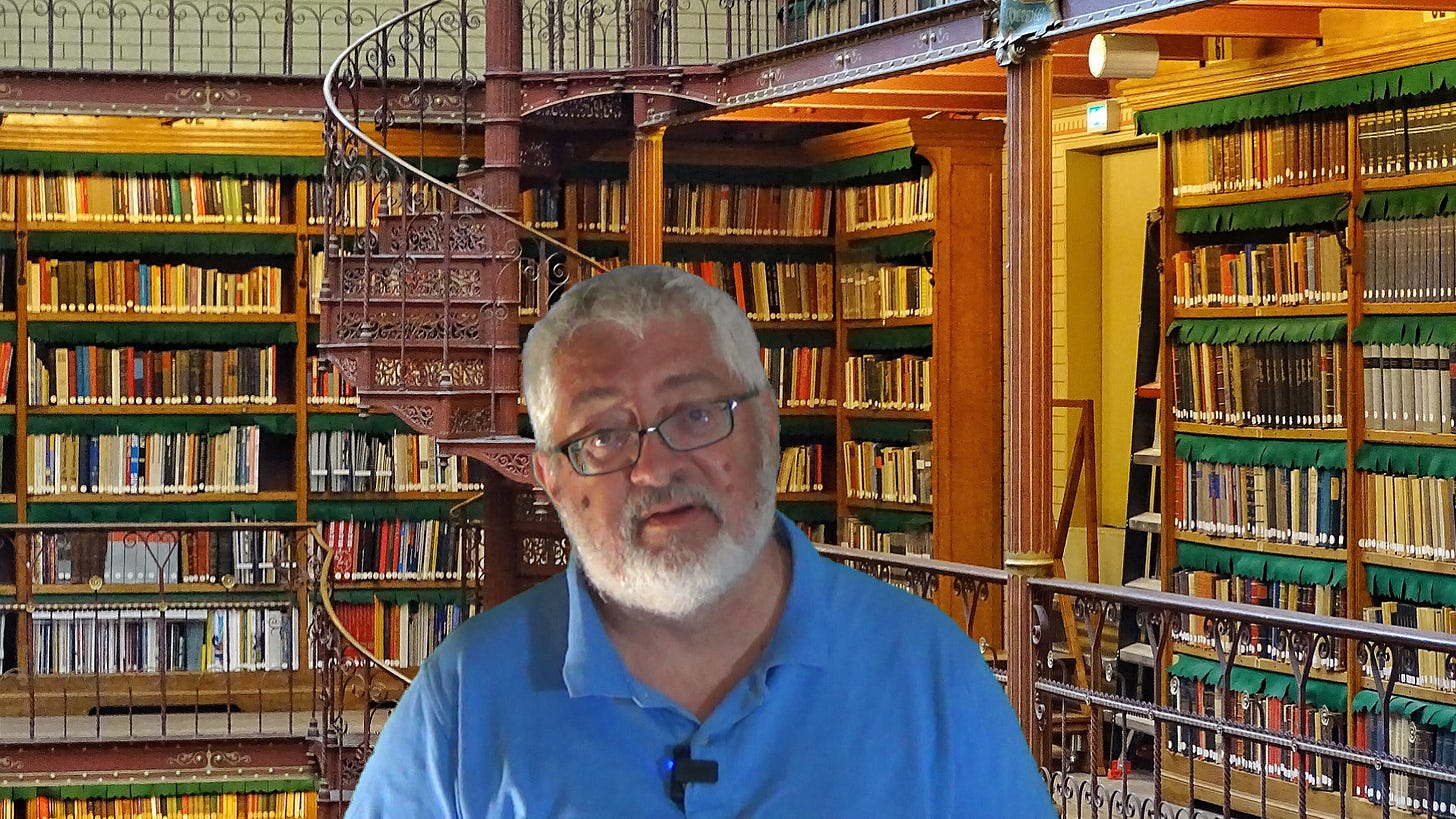The Secret to Happiness That Changed My Life #029
Hello and welcome again to Every Dawn. Yesterday, I told you about this episode I had with the rain on the beach where suddenly it rained and I felt affected by it, and what helped me get out of this mindset was something Marcus Aurelius, the Stoic emperor of Rome, said. But there are many other Stoic philosophers who are perhaps a little less known but they all have a lot to tell us, and one of them is Epictetus.
Epictetus is a particularly interesting philosopher because he's exactly the opposite of Marcus Aurelius. While Marcus Aurelius was an emperor, Epictetus was a slave, and I find it amazing that the same philosophy can be embraced by both a slave and an emperor—the lowest and the highest beings in a society—and both find meaning in the same ideas.
So, there must be something in this philosophy that also applies to us, and one of the important thoughts in Epictetus is this one, and I will read it to you: "The will of nature may be learned from those things in which we don’t distinguish from one another. For example, when our neighbor’s boy breaks a cup, or the like, we are presently ready to say, 'These things will happen.' Be assured then, that when your own cup likewise is broken, you ought to be affected just as when another’s cup was broken. Apply this in like manner to greater things." This is from the handbook of Epictetus, called the Enchiridion, 26.
Now, what is he saying there? This is a little surprising, right? He says we should experience our life as if it was the life of somebody else because normally, we are always seeing the world from our own perspective. And one thing just yesterday happened to me: I had a sudden feeling that my heart was not beating rhythmically enough, and I went to a hospital for a checkup. This was during my holiday, so it is something that normally you would consider a big annoyance, right? You have to interrupt your holiday, you have to find a way to get to the hospital, and so on, and I was feeling really bad about it.
But then Epictetus says you should see it from the outside; you should not see it as something that happens to you, but you should see it as if it happened to somebody else. So, what if somebody I know from a distance, you know, somebody I'm not particularly close with, tells me that he had a strange feeling about his heart, he went to the hospital one night, he had it examined, it turned out to be nothing, and he went back to sleep a few hours later? I would say, "Okay, nothing big happened; there is no reason to be upset or to be sad or anything else; it's just a thing that happens."
Epictetus says this is the secret to happiness—that we see these things that happen to us in the same way as we see things happen to others. So when a cup is broken, you know, your neighbor’s cup, as Epictetus says, you don't think much about it. Okay, the neighbor's cup is broken, bad for him, but okay, it's just a cup. But my cup is broken, and I'm very upset, but I shouldn't be because, in the end, we are all the same. The neighbor's cup is not objectively less worth than my cup; every cup is a cup. A cup that breaks is a cup that breaks, whether it's my cup or his cup; we are all more or less equally valuable.
And so, the idea that we have this personal perspective, this first-person view in which we are so important, is actually an illusion for the Stoic; that's not true. We are all equally valuable. And so, I would like you to think about this, perhaps in the coming day as you go about your day, try to see how often you actually take on a perspective that is your perspective only, that is subjective, and that is not actually justified.
A good example is traffic, right? In traffic, when another car cuts in front of you, then you are endlessly upset because this happens to you. But if you think about it for a moment, you realize that nobody wanted to do anything specifically to you; this person doesn't know you, right? To cut in front of you, he just wanted to get to the exit of the highway in front of another car that he saw behind him. So it is not you; you are just a number out of a mass of cars; you are not you. It's only your subjective perspective that makes this look like you, but in reality, you are not meant; you are not targeted as a person; you're just someone in a car.
So look around in your office, how often people might do something that you find enrages you or attacks you or saddens you, but then try to realize that for the people who do this, it's not even meant to be you; they are just doing what they think is the right thing to do at this moment, and you are doing the same a thousand times a day to other people. I'm also overtaking people on the highway; I am also cutting people off when I want to get somewhere, and they're blocking my way, and I'm never thinking about this person in the other car.
So in the end, as Epictetus says, it's important to get rid of this first-person perspective and to see that we are all in each other's way one time or another, and it's never personal. And so, it's not worth really stressing about; we should just let it go and continue with our lives.
Thank you, and see you next time. Bye-bye.


